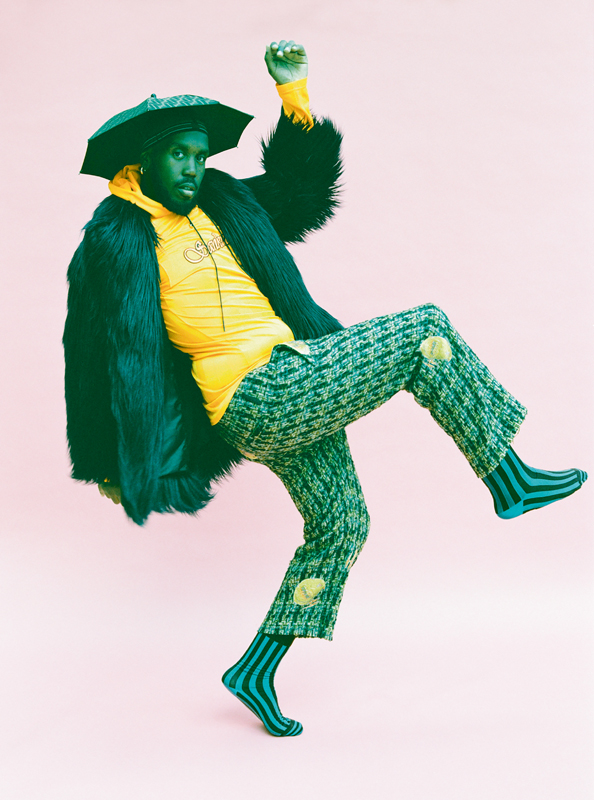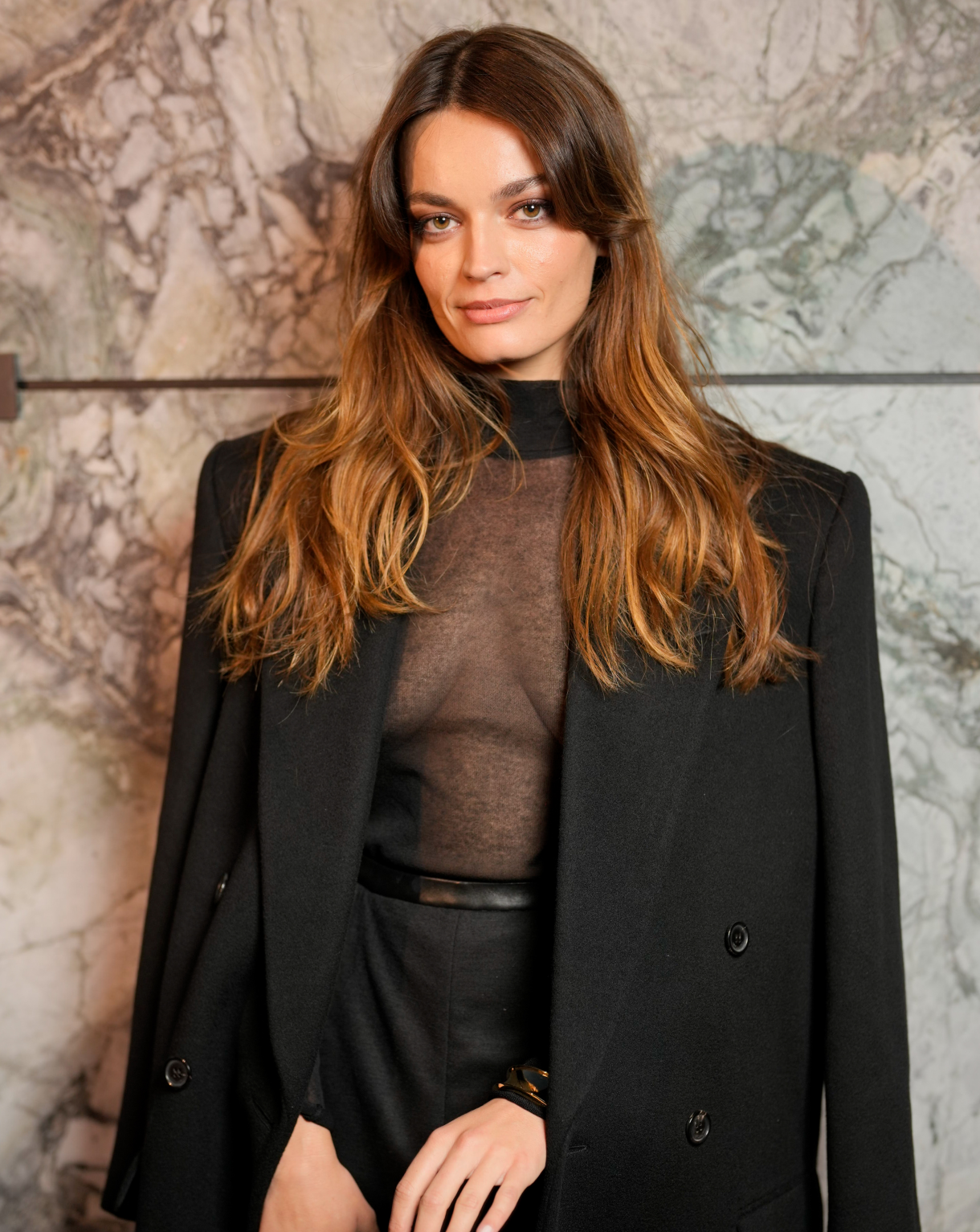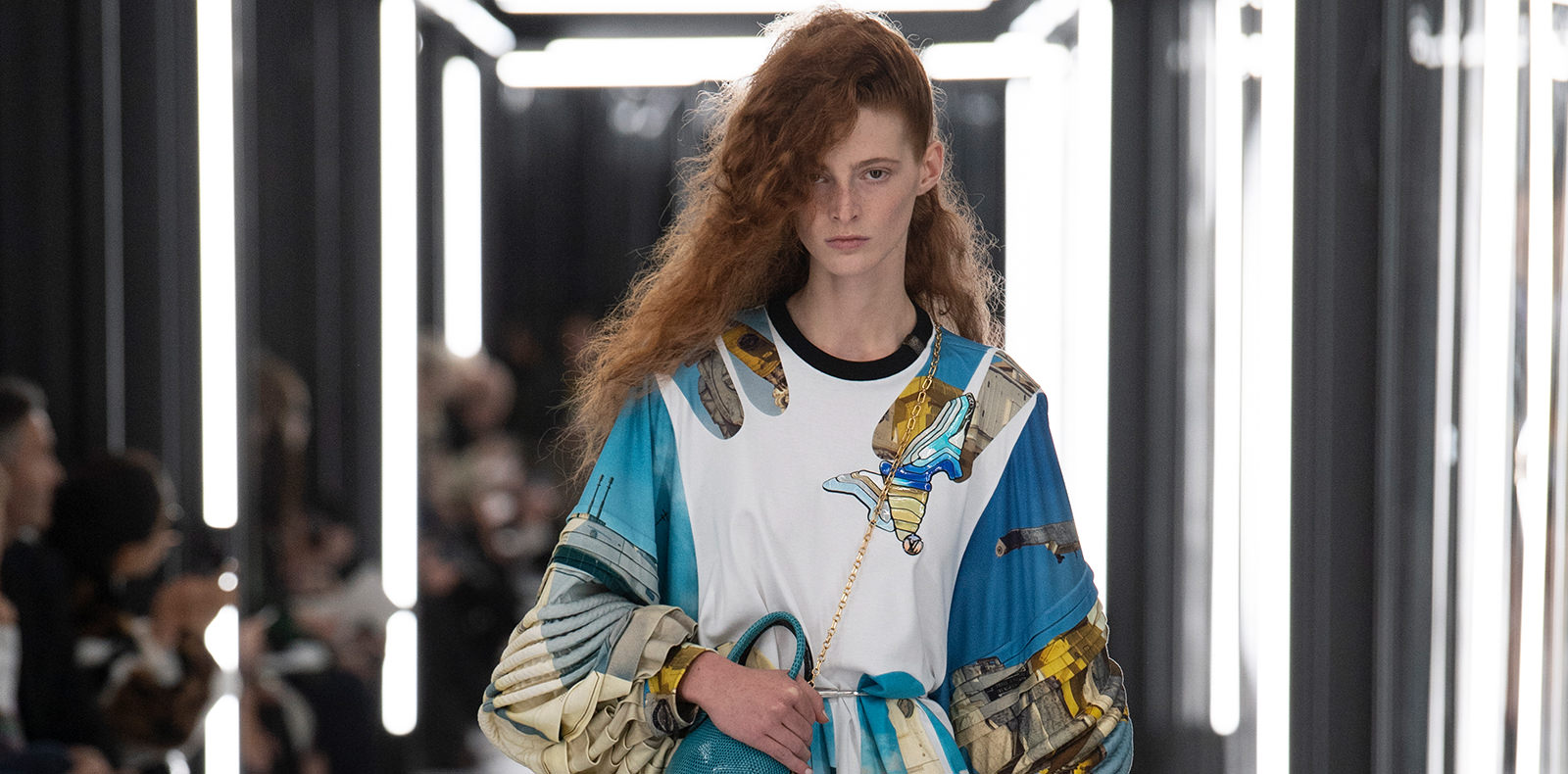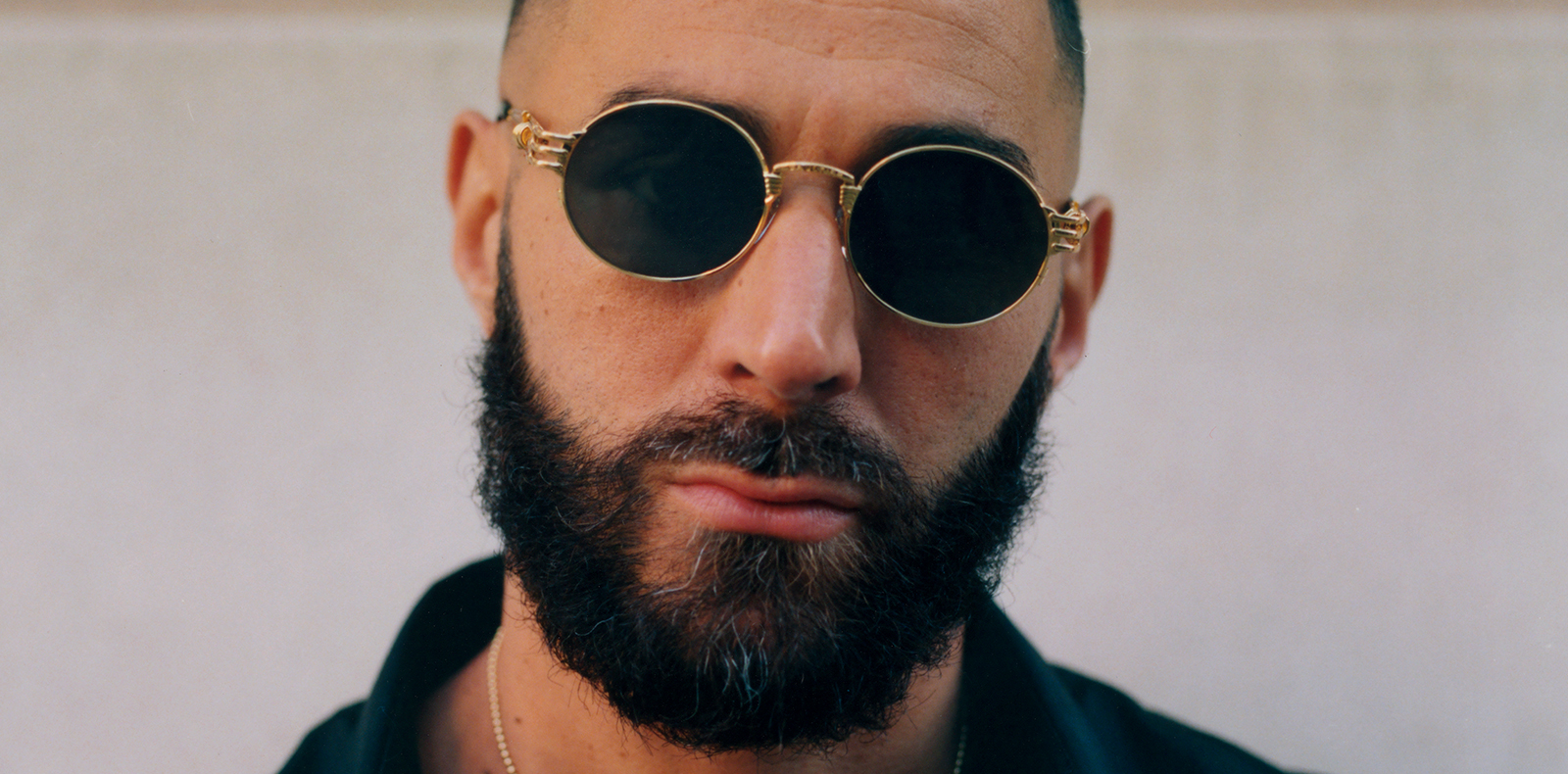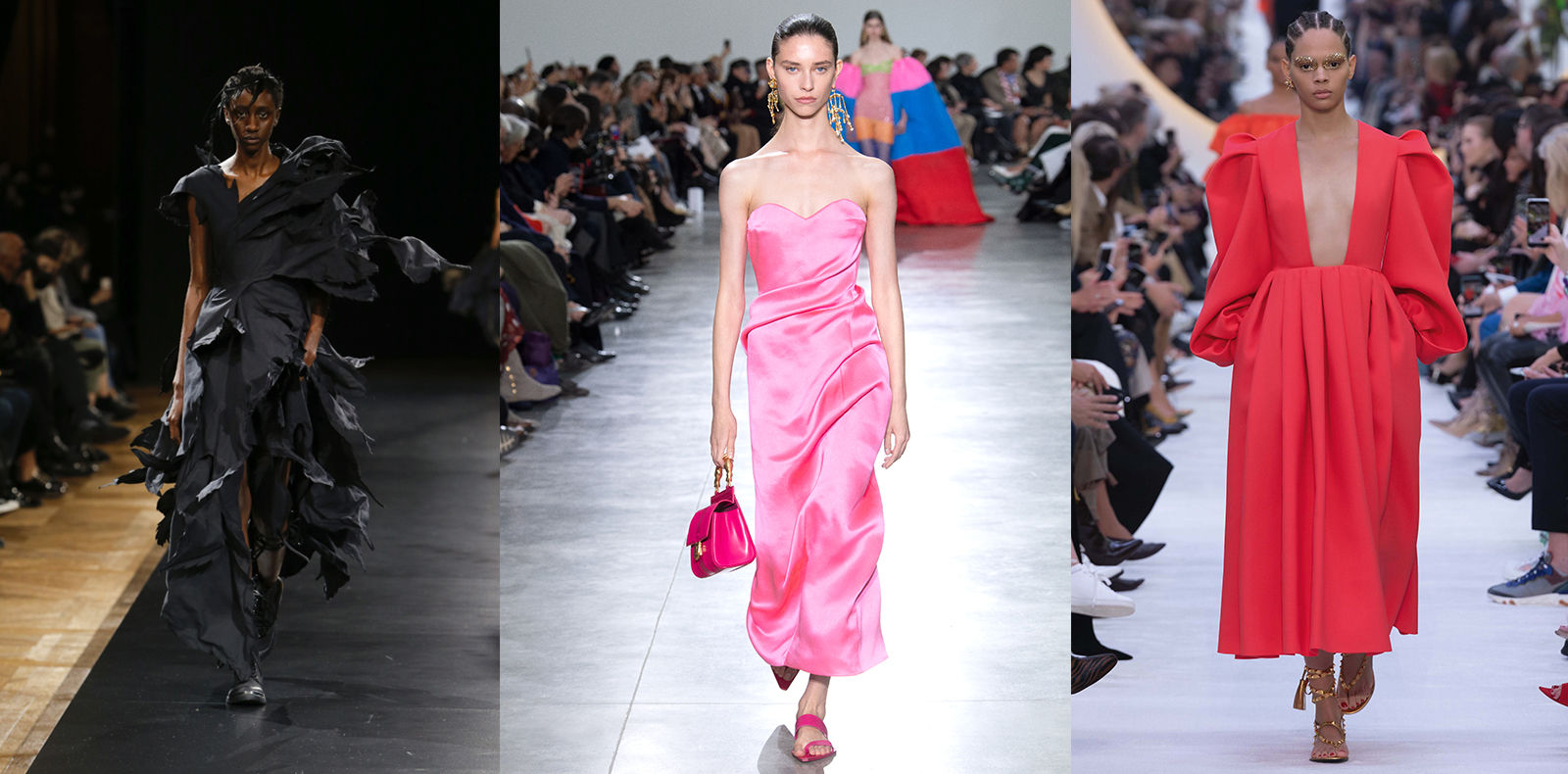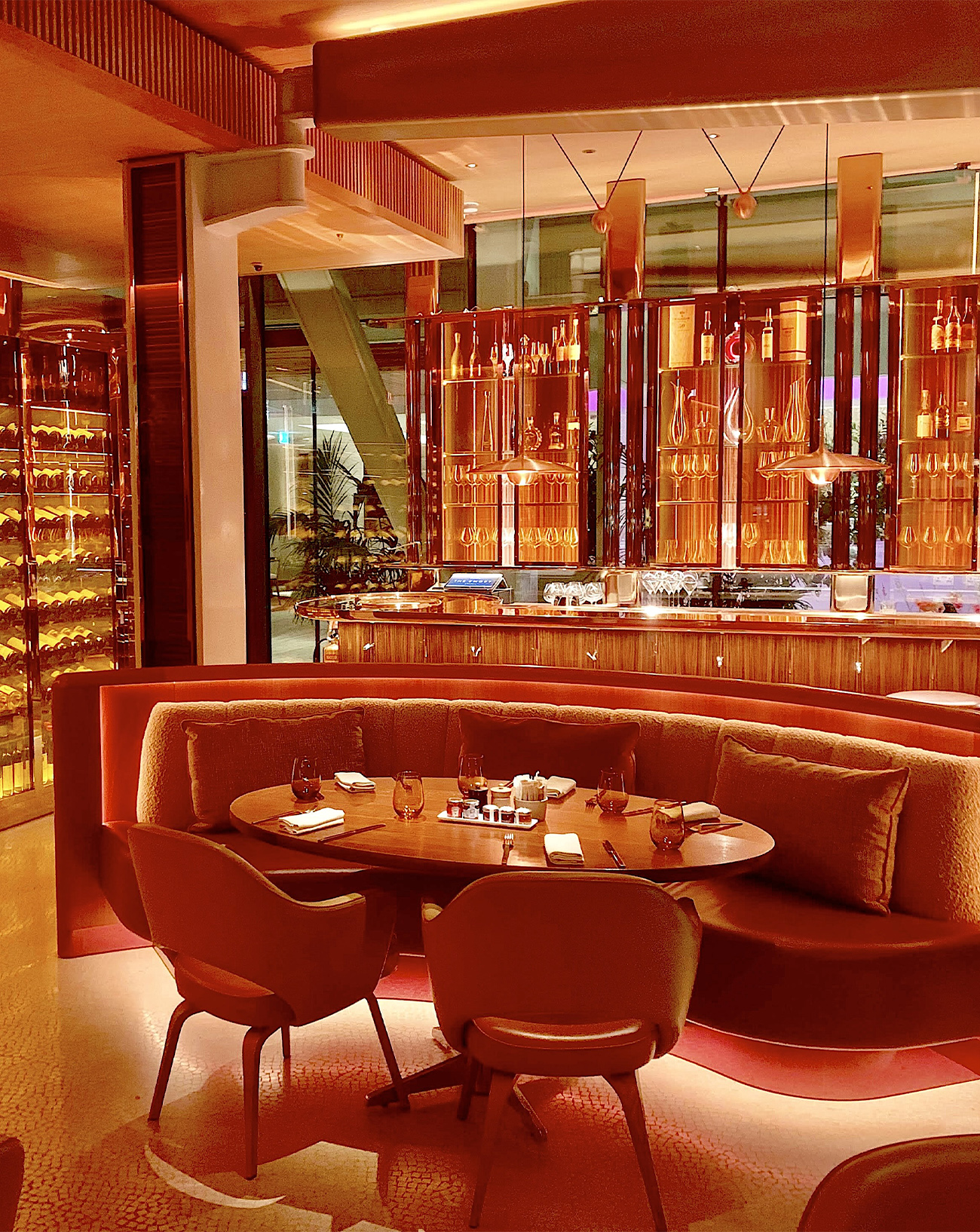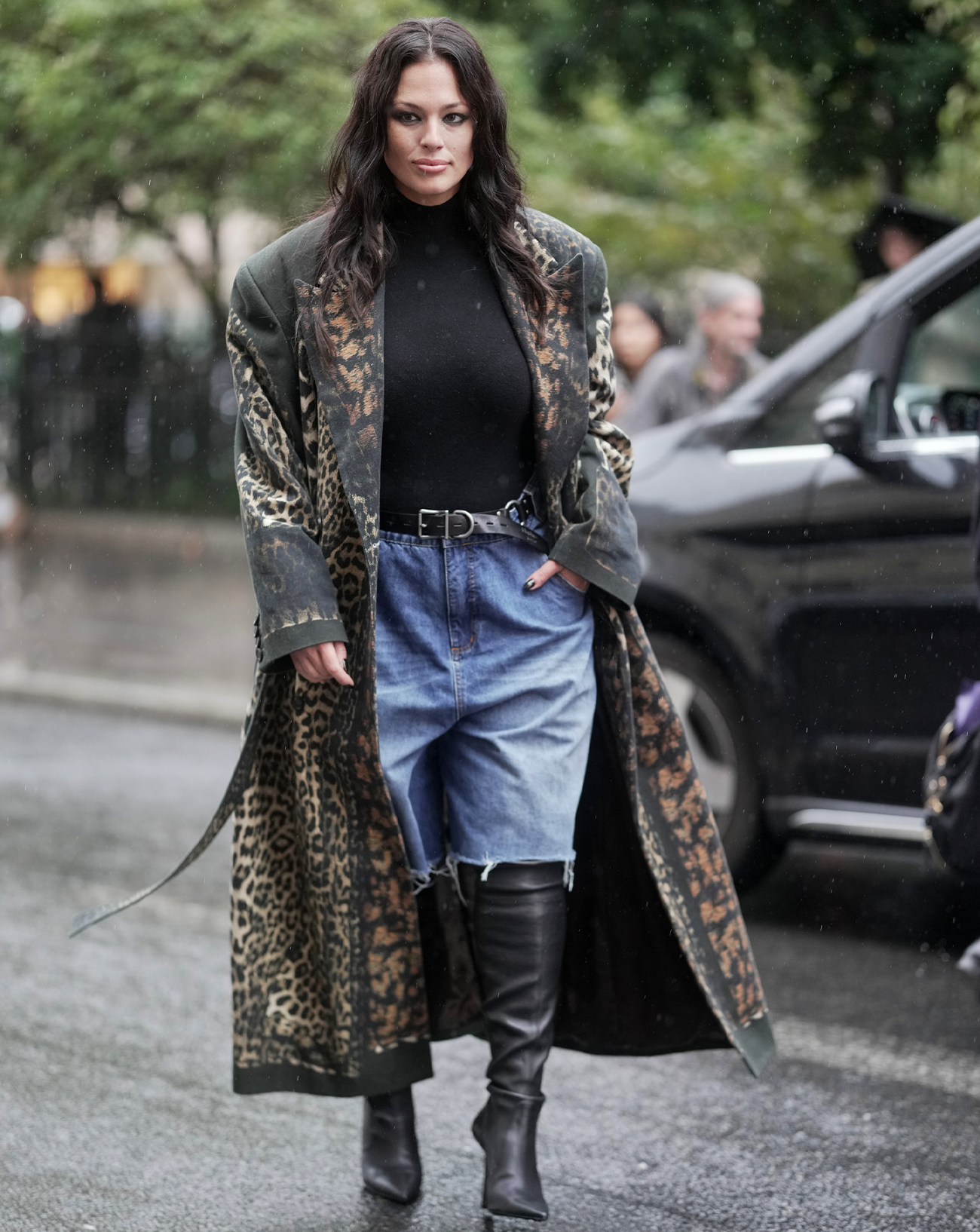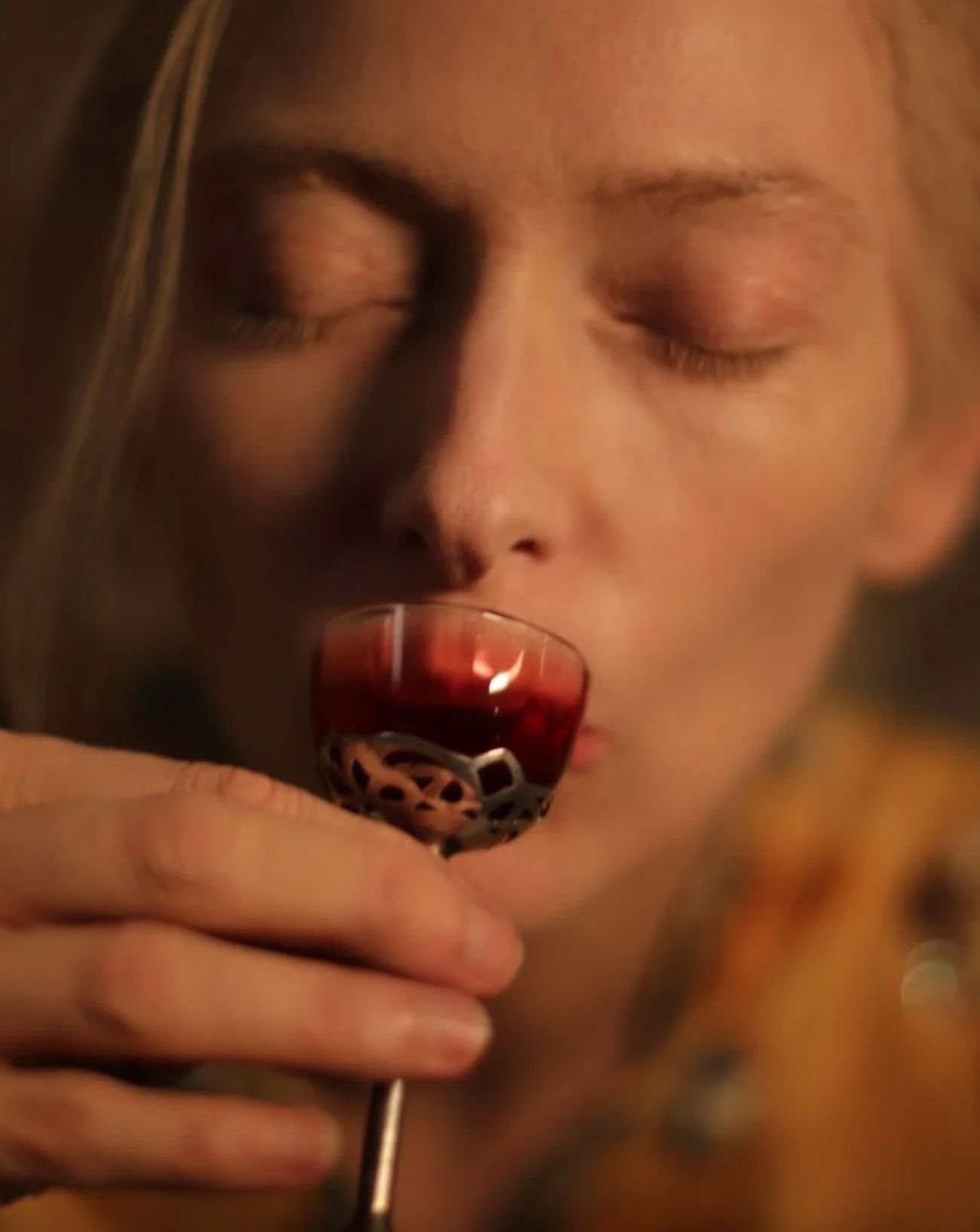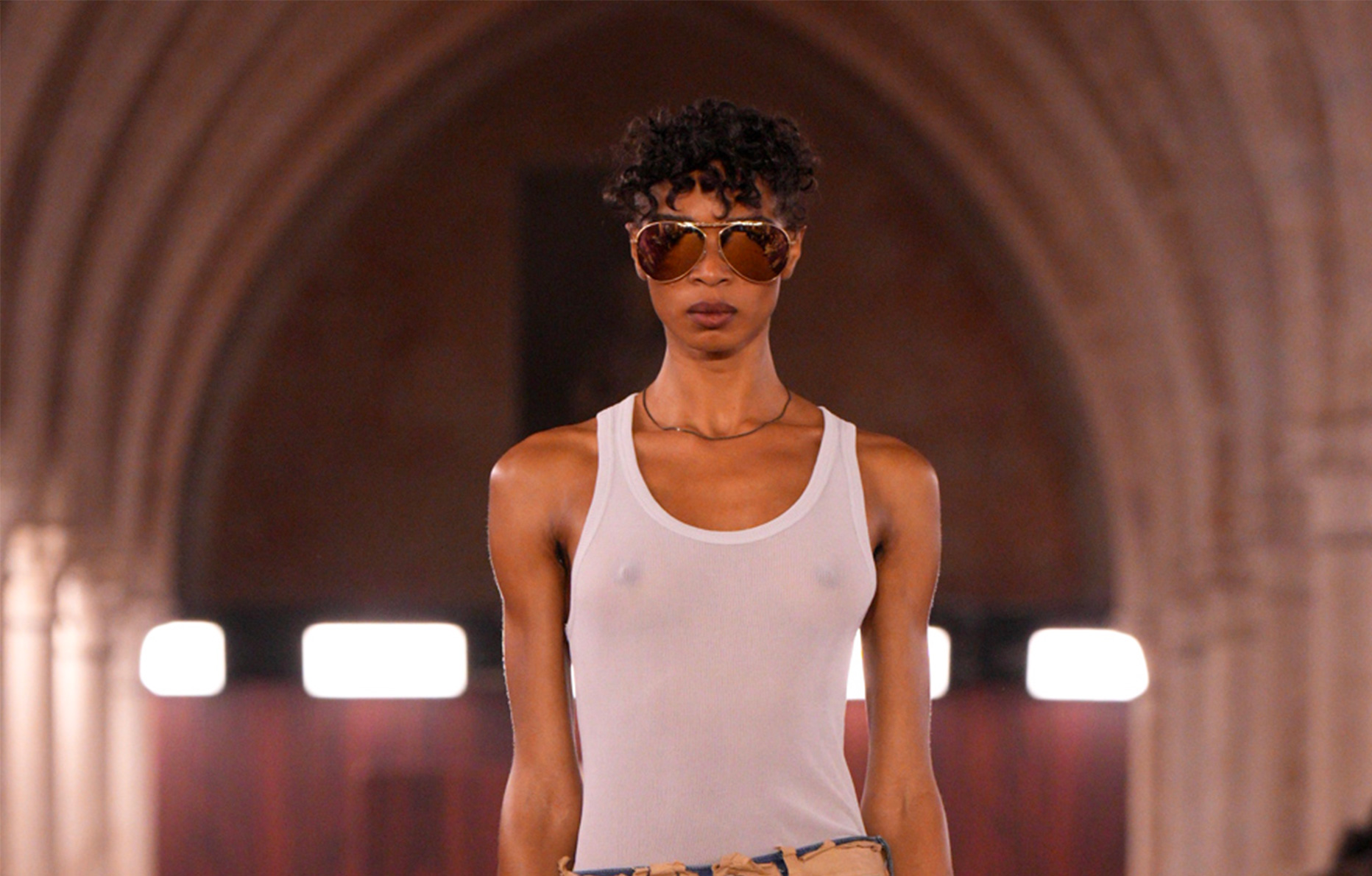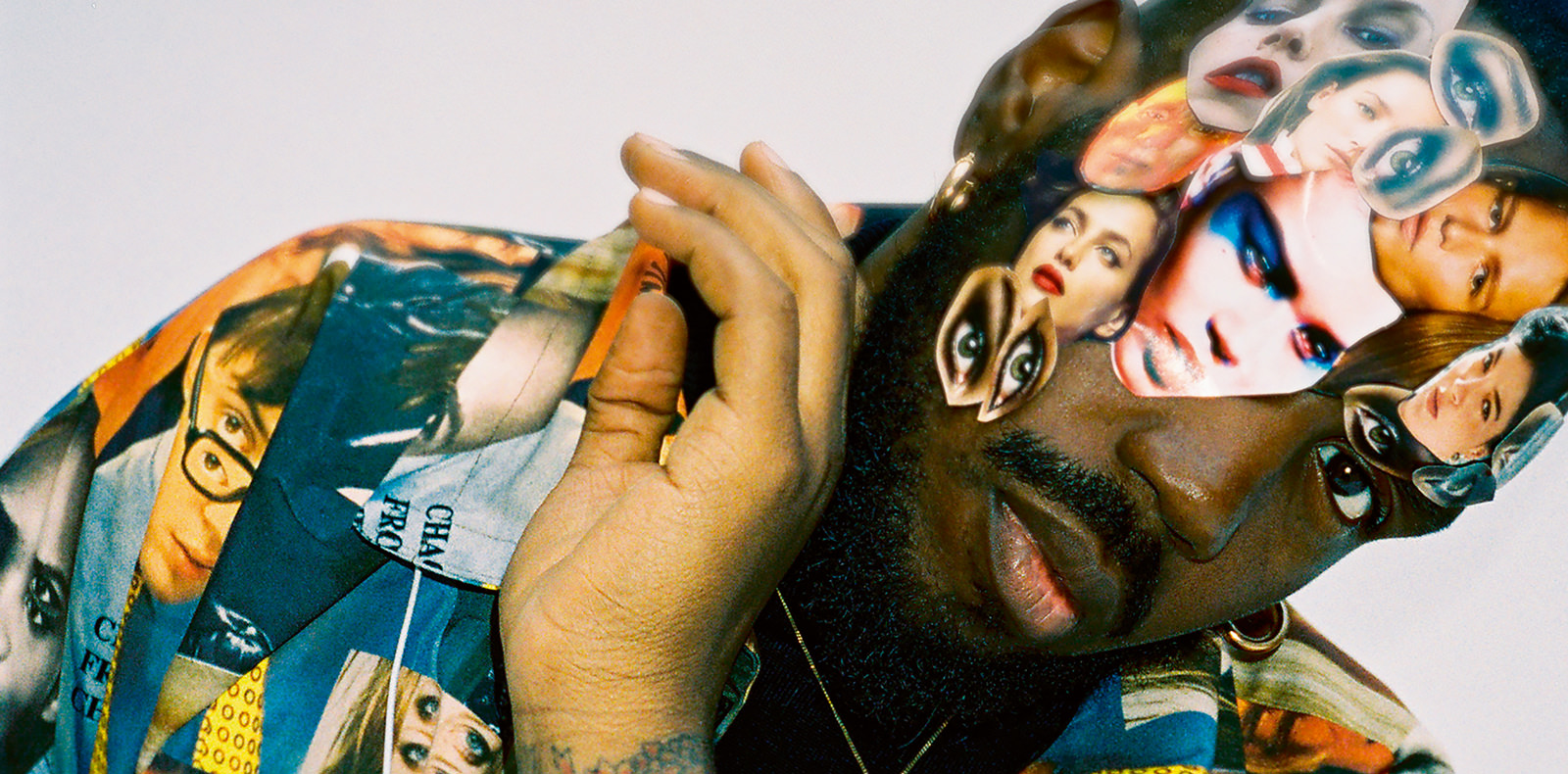
6
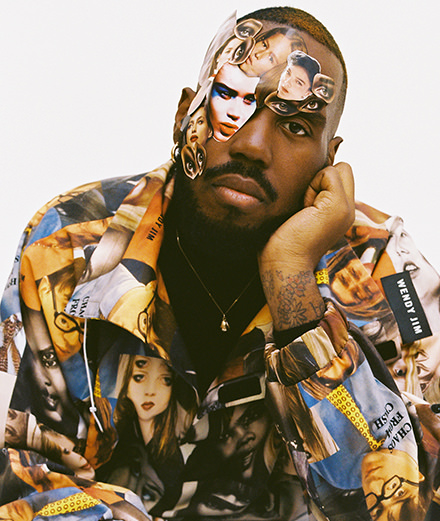
6
Meet Kiddy Smile, the queer herald of our times
The DJ, singer and voguing star set the Élysée Palace on fire last June. Now he’s getting ready to conquer the world with a first album, caught between flamboyant house and a queer pop hymn. A future legend who lent himself to a fashion shoot for Numéro.
Interview by Thibaut Wychowanok,
Portrait Ben Morris,
Stylism Guillaume Boulez.
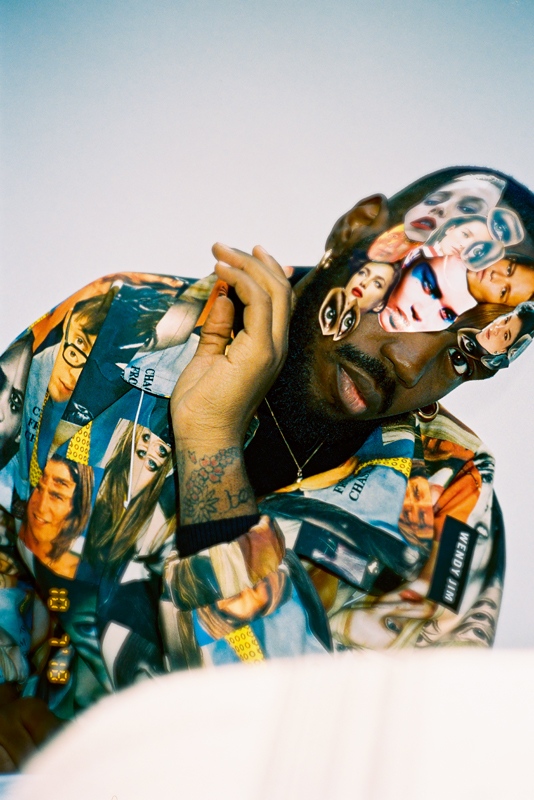
“Son of immigrants, black and gay” were the words emblazoned over Kiddy Smile’s t-shirt on the evening of June 21st at the Élysée Palace. This seat of power that’s witnessed generations of ‘dominant white males’ parading by, this historic centre of political colonialism, finally welcomed a black, gay son of immigrants to its Fête de la musique. As orchestrator of this grand Elysian soiree, Pedro Winter had invited the famous French DJ and electro music producer along to the event. And so there he was, Kiddy Smile, DJ and queer artist, surrounded by his entourage of dancers and performers, all worthy representatives of the voguing and ballroom communities. After all music and liberation of the body go hand in hand. As do music and liberation of identities. DJ and queer.
He makes no bones about it, Kiddy Smile is the lovechild of a ballroom orgy, those transgender and queer balls of 1980s New York. But his ecstatic electro sounds owe just as much to Chicago house music and pays tribute to immense pioneering black artists, Frankie Knuckles heading the line-up. To his rhythms, bodies are unleashed, liberated. The explosion of joy hits us right in the gut. It seizes the legs, twists the arms. Until the force erupts: strike a pose.
“Okay Macron, I’ll entertain you. But I’ll bring you face to face with all the ‘black and gay sons of immigrants’ under your government. And I even hope you have a great evening.”
Kiddy Smile – Pierre Hache is his real name – was born far from the prestige of that evening, in a neighbourhood called Rambouillet. The son of immigrants, black and gay, nothing could have predicted him ending up an Elysian honoured celebrity. And then there’s the dance, the voguing, the video with George Michael, a career as a DJ and even further recognition with the release of his track Let a Bitch Know in 2016. Under the name of Kiddy Smile, Pierre Hache is truly a child of his era: a youth spent almost overdosing on the idealised nostalgia of the 1990s with reminiscences of Show Me Love by Robin S (1993) sprinkled through his music. A black, queer and Arab France has found in this straight-talking and liberated giant of a man, an embodiment of pop at its very best. Numéro caught up with him as his first album is released and he steps on screen in Gaspar Noé’s latest film.
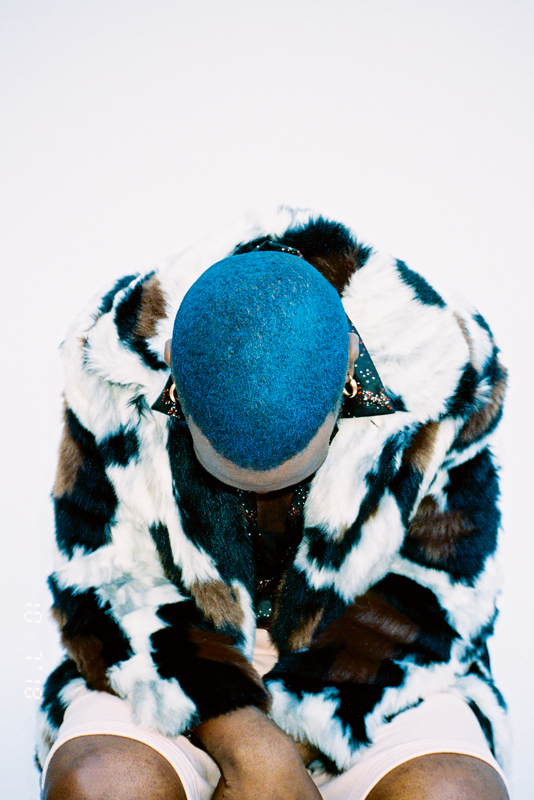
Numéro: Emmanuel Macron inviting you to appear at the Élysée on June 21st left no one indifferent. There were some horrified reactions from the right of course, but also criticism from a certain part of the LGBTQ+ community who cried pinkwashing and betrayal…
Kiddy Smile: Pedro Winter [founder of the Ed Banger label and orchestrator of the June 21stsoiree at the presidential palace] was so proud to tell me that for the first time ever there’d be electro music playing at the Élysée! I just burst out laughing: “You know Pedro we’ve been playing electro music for years at the Élysée Montmartre.” [A famous Parisian venue]. I would never in a million years have imagined that someone like me would get invited to the presidential palace. And then I realised it was really happening. I was honoured, but… was struggling to see how I could reconcile meeting Macron with my own political conscience. The asylum and immigration law is a law that kills. Nothing’s been done for PMA [assisted reproductive technology] … And then the power of symbolism finally overcame any reluctance. I’m not trying to be a hero in any way, but I know that if I’d seen, when I was younger, someone like me at the Élysée, I might have said to myself that the field of possibilities was larger than I’d previously thought. I might have woken up a bit earlier. I might have been ten years ahead now. Not going wouldn’t have changed anything. But going, gave me the opportunity to make my community more visible. So, I thought, “Okay Macron, I’ll entertain you. But I’ll bring you face to face with all the ‘black and gay sons of immigrants’ under your government. And I even hope you have a great evening.” Personally, I didn’t have a good time… but that wasn’t why I was there.
Not everyone got your approach…
That’s true, I’ve got friends who didn’t want to come. And my mother couldn’t come. For her, as a French Cameroonian, the Élysée still represents the place where colonial decisions were made. Its her youth. It would have been unbearable for her to be there. But she’s proud of me all the same… because she never thought her son, when she gave birth to him in France, would one day end up at that palace. It was more violent on social media. But I still think that the most important issue isn’t pinkwashing or recuperation, but the fight for us to be represented – everywhere – and for us to have access – to everything. Do you think it’s normal to be turned away from a nightclub because you’re black or Arab? And that people don’t even bother to read your CV when they see your name? What’s happened to the fight against racism?
“I love watching people dance in a club. When you dance, you’re free, you naked. You reveal yourself.”
Is it your career that’s made you aware of these issues?
I grew up in one of the three neighbourhoods in Rambouillet. The others are inhabited by people from well-to-do families. My mother did everything she could to get me into a good school… I was even registered at a friend’s address. Very quickly, I understood the social signs that betrayed me though, and that means a lot when you’re young: who’s going to be your girlfriend, who will play with you according to what toys you own, the sneakers you wear… And I wasn’t blessed with a great physique. When my parents split up I became very overweight. I grew in every direction. It’s almost as if I wanted my dad to notice me, so I took up more space with my body.
Is that what pushed you to exist artistically as well?
Yes, but not straight away. First, I really got into volley ball and I went to a high school with a special timetable for the sporty kids. We were near Clairefontaine, which was all about football. We’d mess around with mates until a guy from the neighbourhood called us out: “You need to get out guys! There’s life beyond the neighbourhood!” This guy told us about dancing, he was like “Not girl’s stuff, but breakdancing.” We agreed to go along. I thought he was super cute. He was called Mehdi. Where we met that was where I shot the photo for the album… And then dance became this amazing outlet. When you dance, you’re free, you’re naked. You reveal yourself. I love watching people dance in clubs, especially bad dancers. Not in a teasing way, the total opposite in fact. I always say to myself, “I’m happy for you. You can be yourself. You don’t give a damn about anyone else.” We got kicked out of the MJC [youth club] quite quickly with the change of mayor and change of cultural politics… Then these guys from other towns told us if we caught the train at Rambouillet and changed at Versailles, we’d find a place where people were training outside, without paying: it was La Défense. I suddenly had access to a reality and information I’d never known before. Without being the ‘son of’ someone privileged or having any strings pulled for me, I could imagine having an artistic career. I started going to castings and ended up in a George Michael video…
Was music always part of your family life?
My parents were huge music fans. My father was a very good dancer and my mother called my brother James after James Brown. But for them it was always a pastime, not a job. “I made sure my children were born in France, they will be doctors or lawyers.” One day I asked them for piano lessons… My mother looked into prices and said: “I’m sorry, but we can’t, we don’t have the means.” It broke my heart. Not like a kid who doesn’t get a treat at the supermarket checkout. But like a kid who discovers in his mother’s voice, her inability to give him something that matters. It was the last time I ever asked my parents for anything.
One Trick Pony by Kiddy Smile (Neverbeener Records/Grand Musique Management). Available on August 31st
Gaspar Noé’s film Climax with Kiddy Smile, in theatres from September 19th
